
-
Fr John Morrison: defender of an island’s cultural heritage and faith
Read more: Fr John Morrison: defender of an island’s cultural heritage and faithNeil Bruce on the inspiration behind his new featured article in The Innes Review.

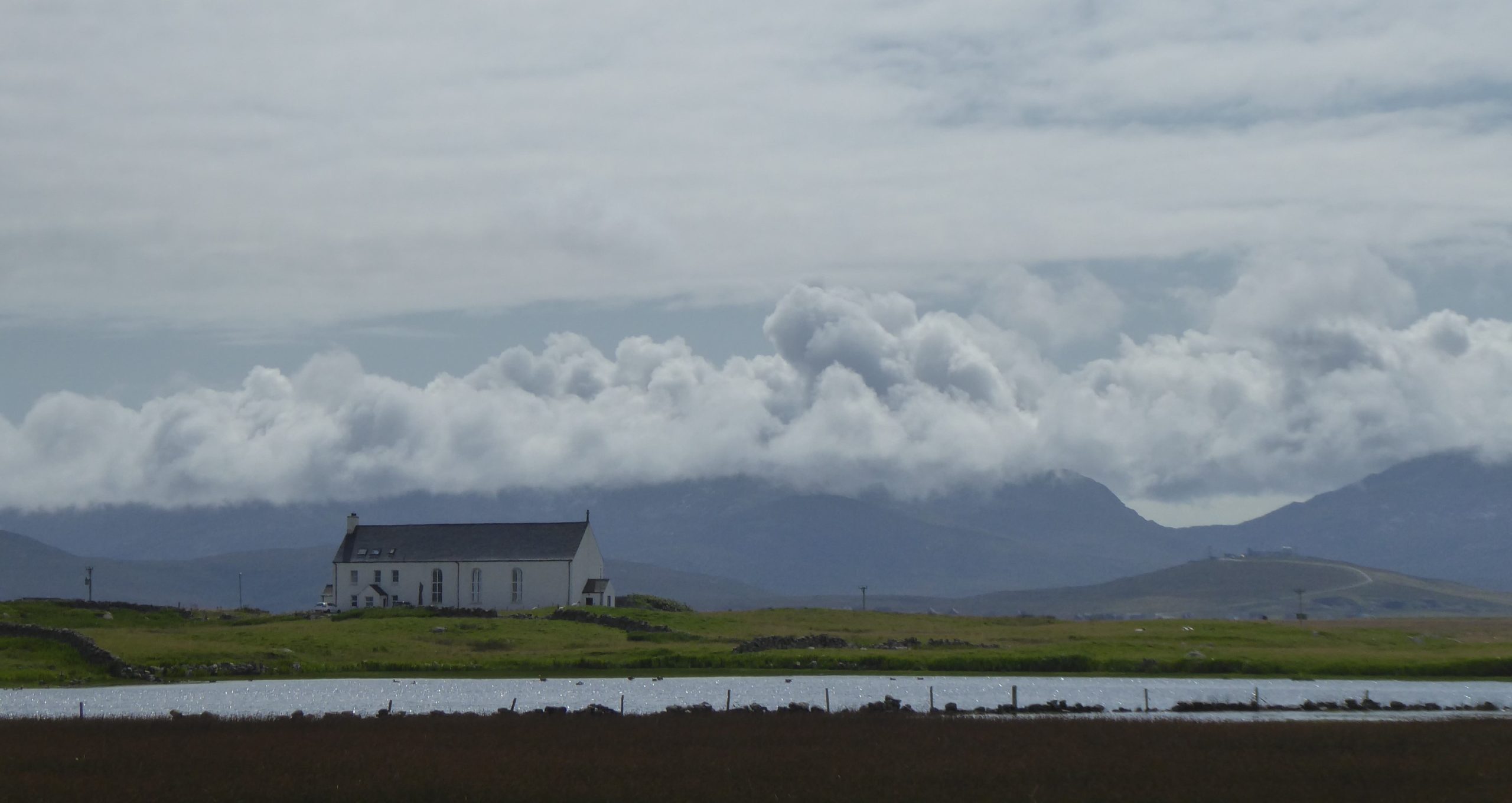
Neil Bruce on the inspiration behind his new featured article in The Innes Review.
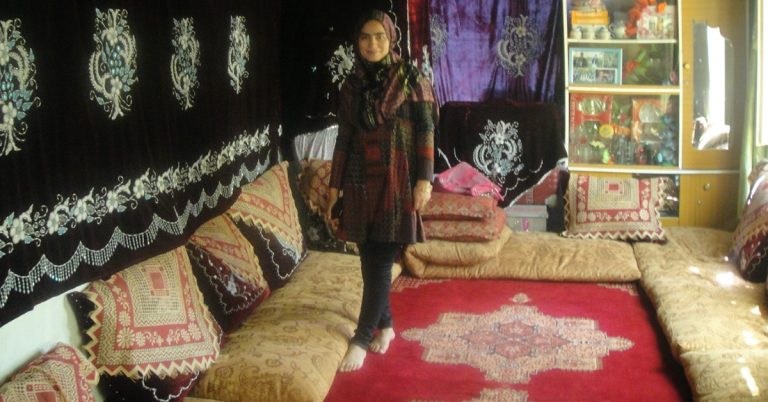
By Wolayat Tabasum Niroo In the northeastern provinces of Afghanistan, talented women sing folk songs to entertain each other in female-only gatherings on happy occasions. The songs are accompanied by a diara or daff, a colorful frame drum made of…
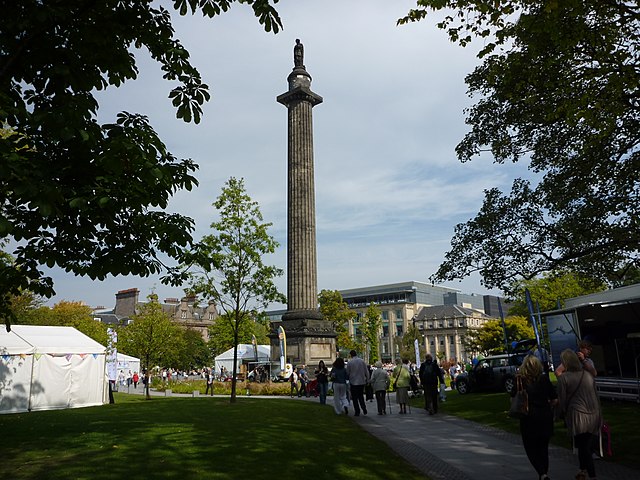
Stephen Mullen Missed Part 1 and 2? Read them here! Part 1Part 2 The Scottish Historical Review was the natural home for this article: based upon a Scot’s actions in parliamentary debates in the House of Commons and his role…

Stephen Mullen Since 2016 or thereabouts, there has been considerable public discussion about the role of Henry Dundas (1742–1811) in the debates surrounding the abolition of the slave trade in the House of Commons after 1792. Dundas was the Lord…
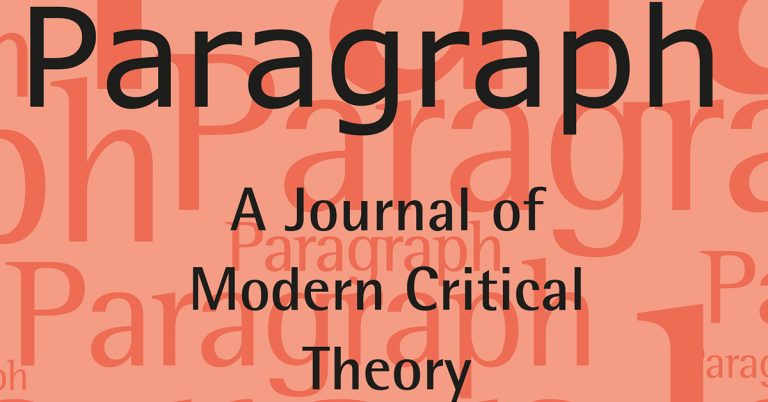
By Peggy Kamuf In tribute to Jean-Luc Nancy, whose death was announced in August, Peggy Kamuf looks back on a landmark special issue of Paragraph (‘On the Work of Jean-Luc Nancy’, Paragraph, Vol. 16, Issue 2) which she edited in…

by Shivan Mahendrarajah The Taliban are back in power, ushering in renewed fears of destruction of cultural heritages. Their first time in office (1996–2001), the Taliban destroyed edifices on the basis that they were ‘un-Islamic’ and/or ‘beacons’ for polytheists (mushrikin).…
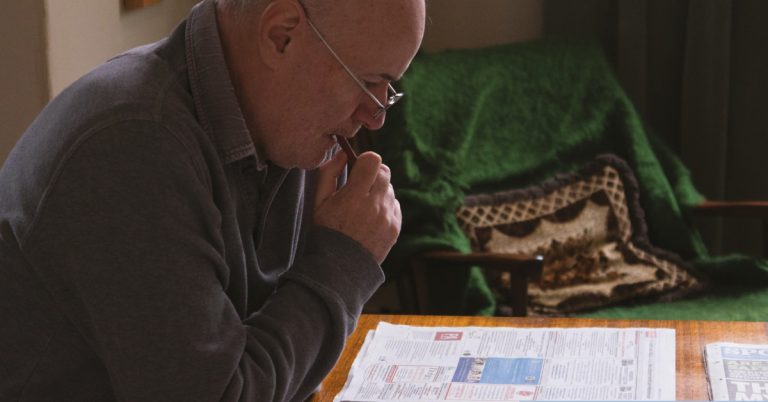
By Neil Archer What makes a performance ‘truthful’? In one of my previous professional lives, as an actor, this question was one that concerned me on an everyday and practical level. But it’s one I’m still dealing with in my…
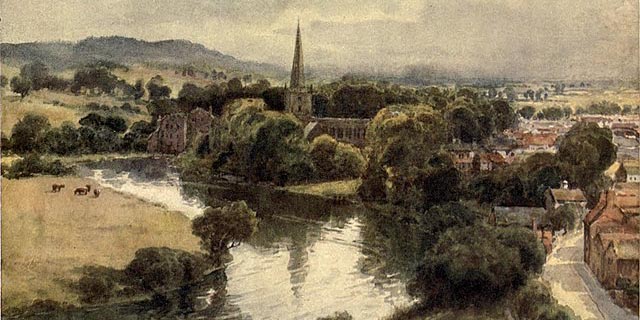
by Adam Hansen I got a post-‘lockdown #3’ haircut in my Tyneside town recently, to my relief, and everyone else’s. (You know things are getting desperate when 90% of what anyone sees onscreen in a Zoom call is not your…

By Cliff Hague COVID-19 brought Edinburgh’s tourism boom to a screeching halt, and wiped out the city’s main festivals in 2020. At the time of writing, the prospects for 2021 look uncertain, with speculation that many people will be anxious…

By Maryam Khorasani and Hossein Nazari Read part 2 of the blog series. Maria Edgeworth’s Lucky Orphans As the century moved forward, the belief in the rags-to-riches narratives gradually started to give way to the significance of retaining social hierarchies,…